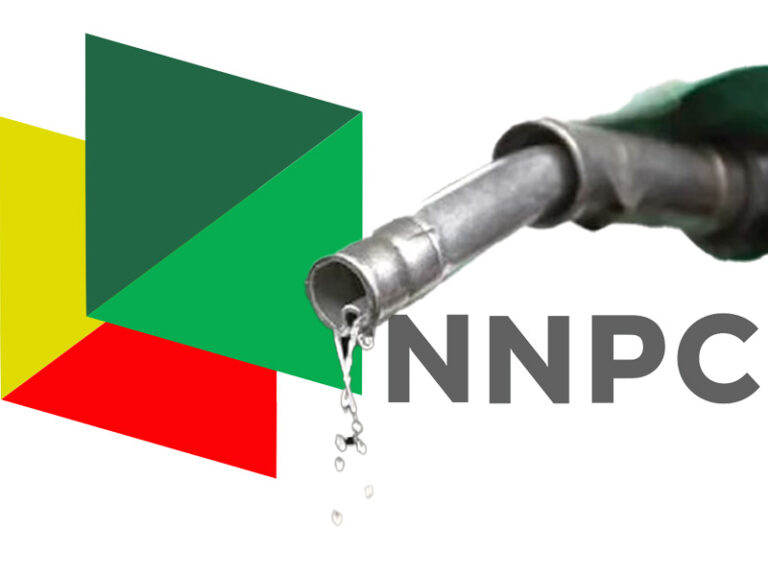
The Federal High Court in Abuja has struck out a ₦100 billion lawsuit filed by Dangote Petroleum Refinery and Petrochemicals FZE against the Nigerian National Petroleum Company Limited (NNPCL) and several others over the issuance of fuel import licences. Justice Mohammed Umar dismissed the case following an application for withdrawal filed by C.O. Adegbe, counsel to Dangote Refinery. After the withdrawal, lawyers representing the defendants made an oral application for the matter to be dismissed, which the court subsequently granted. The defendants in the suit included the Nigeria Midstream and Downstream Petroleum Regulatory Authority (NMDPRA), NNPCL, AYM Shafa Limited, A.A. Rano Limited, T. Time Petroleum Limited, 2015 Petroleum Limited, and Matrix Petroleum Services Limited. Dangote Refinery had sought to invalidate the import licences issued by the NMDPRA to NNPCL and the five other oil marketing companies, arguing that the practice undermined domestic refining capacity. The company also demanded ₦100 billion in damages, alleging that the regulatory agency’s actions were detrimental to the growth of Nigeria’s refining sector. NNPCL Eyes 20% Stake in Dangote Refinery Meanwhile, the Group Chief Executive Officer of NNPCL, Bayo Ojulari, has announced plans by the national oil company to increase its equity stake in the Dangote Refinery to 20 percent. Speaking at the Abu Dhabi International Petroleum Exhibition and Conference (ADIPEC), Ojulari said the move aligns with NNPCL’s broader strategy to enhance transparency and prepare for an eventual Initial Public Offering (IPO). “The IPO journey is by law. The PIA (Petroleum Industry Act) prescribes for NNPCL to journey towards achieving IPO. It’s not an option for us,” Ojulari stated. “We have begun to publish our monthly performance since May this year, and that has continued.” Ojulari, however, did not provide a specific timeline for when the IPO would take place. The Dangote Refinery, Africa’s largest single-train refinery, began partial operations earlier this year and is expected to play a critical role in ending Nigeria’s dependence on imported refined petroleum products.

